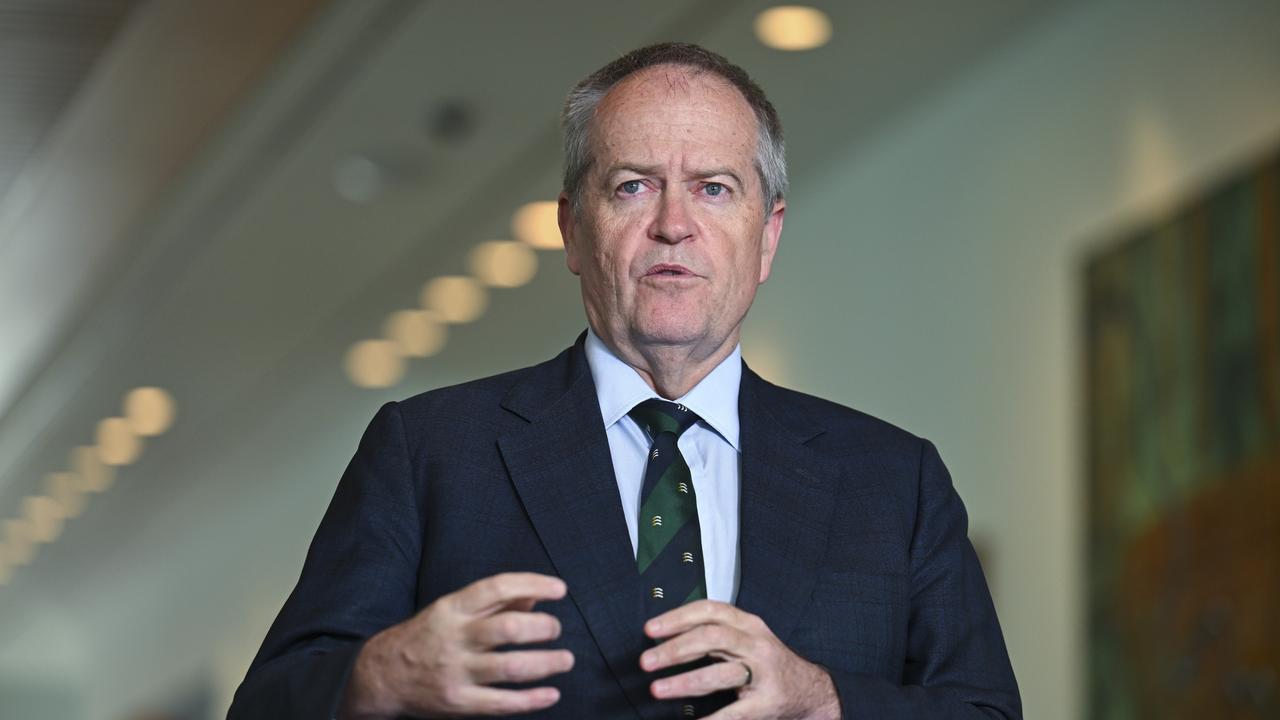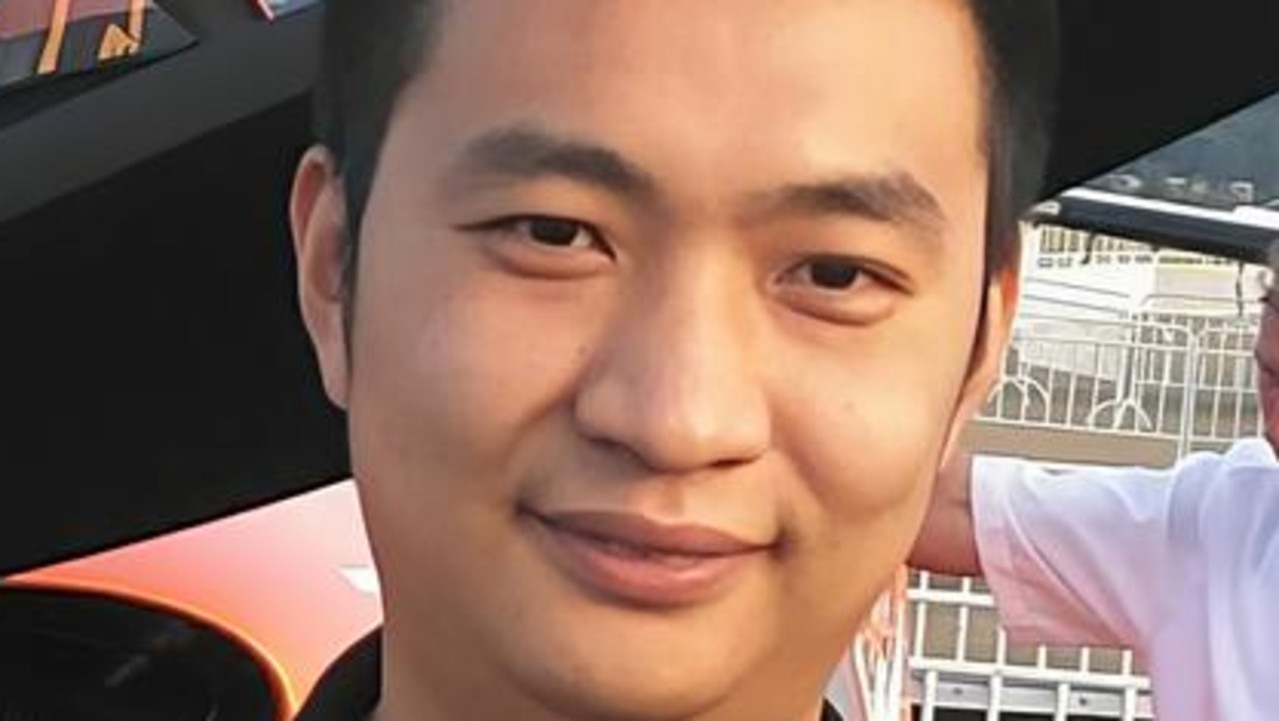Opposition mounts to Swan's education cap
WAYNE Swan's proposed $2000 cap on self-education expenses is a "double dose of dumbness", a tax on learning that should be abandoned.
WAYNE Swan's proposed $2000 cap on self-education expenses is a "double dose of dumbness", a tax on learning and should be abandoned before it takes a toll on national productivity, a coalition of 22 professional and peak groups said yesterday.
Nurses, doctors, architects, accountants, academics, engineers and company directors were among the professions represented in yesterday's pitch to new Treasurer Chris Bowan to call a halt to the proposed cap.
Australian Medical Association president Steve Hambleton said the policy was "poorly informed and will be poorly implemented".
"It is very important for genuine self-education expenses to be tax deductible. Otherwise we get a double dose of dumbness," he said.
An AMA survey of 4200 doctors found they spend an average of $12,400 a year on self-education expenses in order to comply with medical registration requirements.
While doctors had been singled out by Mr Swan when announcing the cap, saying the government was subsidising first-class airfares and posh hotels, Dr Hambleton said the reality was different.
"Doctors spend up to $40,000 on legitimate education expenses," he said. "Rural doctors can spend $4500 on just one meeting and we are talking economy airfares, mid-range hotels and a capital city in this country, not overseas."
Belinda Robinson, chief executive of Universities Australia, said most professionals incurred legitimate tax-deductible expenses in meeting the accreditation requirements of their professional bodies.
"This is an example of short-term thinking that is going to cost significantly more in the longer term than is going to be saved over the next four years," Ms Robinson said. "All professions are equally concerned. This is a tax on learning."
The Australian reported in May the Treasury discussion paper quotes annual tax figures vastly at odds with the Australian Taxation Office.
Mr Swan said the average claim was $905, which meant most claimants would not be affected. But the ATO puts the average claim at $1827, with more than 25 per cent of claims over the proposed $2000 limit.
Lee White, chief executive of the Institute of Chartered Accountants, said it was just bad policy to discourage people from investing in their own ongoing education.
"I suspect the government knows this policy sends the wrong message. They have to find a way to abandon this proposal while still delivering on their broader commitment to investing more in education right across the economy," Mr White said.
Lee Thomas, federal secretary of the Australian Nurses Federation, which represents 230,000 nurses and midwives nationally, said every one of her members had to undertake 20 hours of professional development each year or risk losing their accreditation.


